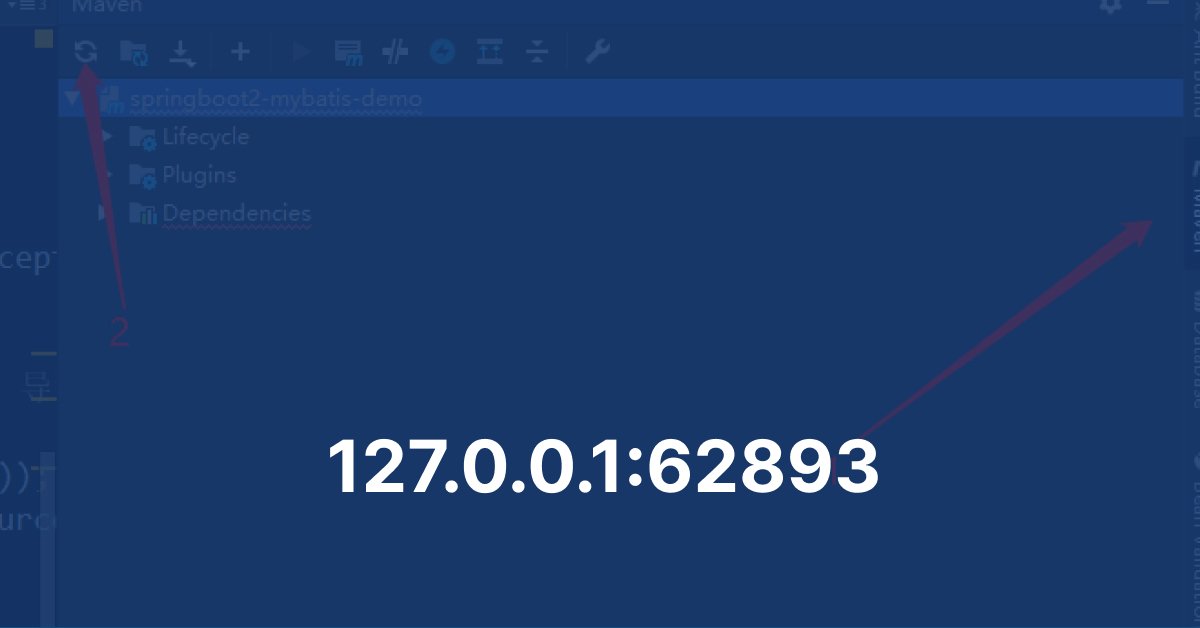Top 10 Facts About 127.0.0.1:62893
Introduction to 127.0.0.1:62893
Welcome to the mysterious world of 127.0.0.1:62893, a digital realm filled with intrigue and possibilities. This seemingly random string of numbers holds secrets waiting to be uncovered. Join us on a journey as we delve into the depths of this enigmatic IP address and unravel its fascinating story.
The History of the IP Address
In the vast realm of technology, the history of the IP address is a captivating journey marked by innovation and evolution. From its humble beginnings to becoming an essential component of modern communication, the IP address has played a pivotal role in shaping how we connect online.
The concept of IP addresses dates back to the early days of ARPANET when researchers realized the need for a standardized way to identify devices on a network. This led to the development of IPv4, which introduced the familiar format of four sets of numbers separated by periods.
As technology advanced and more devices joined networks worldwide, the limitations of IPv4 became apparent. This paved the way for IPv6, with its expanded address space capable of accommodating growing connectivity demands.
Today, IP addresses are not just identifiers; they are gateways that enable seamless interaction across cyberspace. The history of these numerical labels is a testament to human ingenuity and adaptability as we continue to push boundaries in our digital landscape.
What is Port 62893?
Port 62893 is a specific communication endpoint within an operating system that allows different applications to connect and exchange data. Ports are like virtual doors that enable information to flow in and out of a device. Each port number serves a unique purpose, with 62893 being just one of many available options.
When a device sends data to another through the internet, it uses both an IP address (like 127.0.0.1) and a port number to ensure the information reaches the correct destination. Port 62893 is not inherently more special than any other port; its significance lies in how it’s utilized by various programs for specific tasks.
Understanding ports can help users troubleshoot networking issues, manage security settings, and optimize performance on their devices. While port numbers might seem technical or intimidating at first glance, they play a crucial role in enabling seamless communication across networks worldwide.
The Significance of the Numbers in the IP Address
Have you ever wondered about the significance of the numbers in the IP address 127.0.0.1:62893? Each digit plays a crucial role in identifying and routing data packets within a network.
The first three sets of numbers, 127.0.0.1, represent the loopback address which is used to establish communication within your own device without relying on an external network connection.
Now, let’s dive into port number 62893 – this specific port serves as a gateway for data transmission between applications or services running on your device.
When combined, 127.0.0.1:62893 creates a unique pathway for local communications that bypasses external networks, offering enhanced security and efficiency for certain software applications.
Understanding these numbers can provide insights into how data flows within your system architecture and how different protocols interact to ensure seamless connectivity.
Myths and Misconceptions About 127.0.0.1:62893
There are many myths and misconceptions surrounding the mysterious IP address 127.0.0.1:62893. One common misconception is that it can be used for illegal activities or hacking, but in reality, this IP address is simply a loopback address to your own device.
Some people believe that accessing 127.0.0.1:62893 can lead to viruses or malware infecting their system, but as long as you’re not interacting with malicious websites or downloads, there’s no need to worry about security risks.
Another myth is that changing this specific IP address will significantly improve internet speed or connection stability, when in fact, it won’t have any impact on your network performance.
It’s important to separate fact from fiction when it comes to technical details like IP addresses so you can make informed decisions about your online activities without falling prey to misinformation circulating online.
Uses and Applications of This IP Address
Ever wondered about the uses and applications of 127.0.0.1:62893? This unique IP address holds a variety of purposes in the realm of networking and software development.
Developers often utilize this address for testing and debugging their applications locally without affecting external networks. It acts as a virtual loopback interface, allowing programs to communicate within the same device.
Furthermore, system administrators use it for troubleshooting network issues by isolating them to the local machine instead of involving external servers or devices. This can greatly simplify problem-solving processes and save time in resolving connectivity issues.
In addition, some specialized software may require specific ports like 62893 for internal communication between different components running on a single computer system. Understanding these nuances can enhance efficiency in various technical environments.
Knowing the uses and applications of 127.0.0.1:62893 can empower individuals working with networks and systems to optimize their workflows effectively while ensuring seamless operations within localized environments.
Potential Risks and Security Concerns
When it comes to the IP address 127.0.0.1:62893, there are potential risks and security concerns that users should be aware of. One key risk is the possibility of unauthorized access to your system through this specific port. Hackers may exploit vulnerabilities in the network or software running on port 62893 to gain entry into your device.
Another concern is malware or viruses that could enter your system via this IP address, leading to data breaches or other cyber threats. It’s essential to regularly update your firewall and antivirus programs to protect against these risks.
Additionally, using an unfamiliar IP address like 127.0.0.1:62893 may expose you to phishing scams or spoofing attacks, where malicious actors disguise themselves as legitimate entities to steal sensitive information.
To enhance security, consider changing the default settings on port 62893 and implementing strong password practices for all accounts linked to this IP address.
How to Change or Modify Your IP Address
Changing or modifying your IP address can be a useful step to enhance your online security and privacy. There are several methods to do this, such as using a Virtual Private Network (VPN) or contacting your Internet Service Provider (ISP). By taking control of your IP address, you can better protect yourself from potential risks and ensure a safer online experience. Stay proactive in managing your digital footprint by being aware of how to change or modify your IP address when needed.








